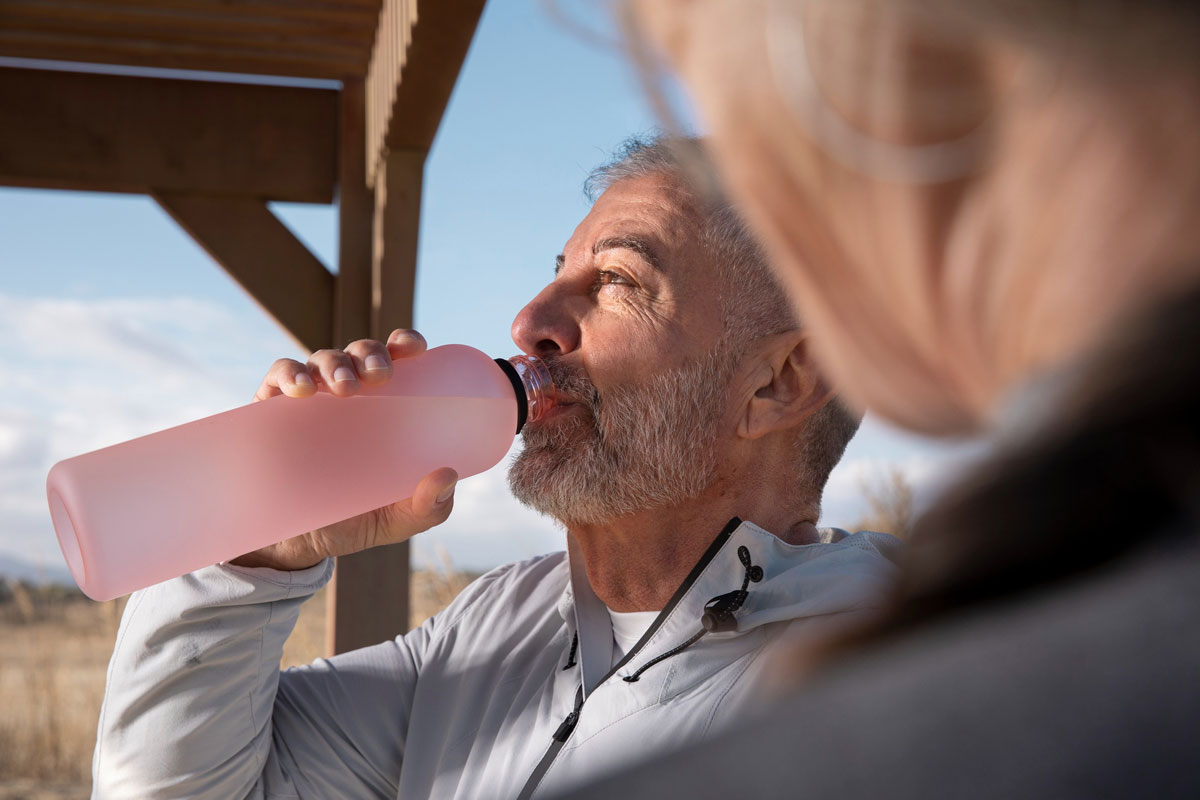
Dehydration is a common problem in the elderly, and it can have serious consequences if left untreated. As we age, our bodies lose some of their ability to retain water, and this can lead to dehydration. Additionally, older adults may be more prone to certain health conditions or medications that can increase the risk of dehydration. In this blog, we’ll explore the causes and symptoms of dehydration in the elderly, as well as some tips for prevention and treatment.
Causes of Dehydration in the Elderly
Dehydration in the elderly can be caused by a variety of factors. As we age, our sense of thirst may decline, making it harder to recognize when we need to drink more fluids. Additionally, medications commonly prescribed to older adults, such as diuretics, can increase the amount of water the body loses through urine. Certain health conditions, such as diabetes or kidney disease, can also increase the risk of dehydration.
Symptoms of Dehydration in the Elderly
The symptoms of dehydration in the elderly can vary depending on the severity of the condition. Mild dehydration may cause thirst, dry mouth, and fatigue, while more severe dehydration can cause confusion, dizziness, and even loss of consciousness. Other symptoms of dehydration may include dark urine, dry skin, and sunken eyes.
Prevention and Treatment of Dehydration in the Elderly
Preventing dehydration in the elderly involves encouraging them to drink enough fluids throughout the day. This can include water, juice, and other non-caffeinated beverages. Additionally, older adults should try to limit their intake of alcohol and caffeine, as these substances can increase the amount of water the body loses.
If dehydration does occur, it’s important to treat it promptly. Mild cases of dehydration can often be treated by drinking more fluids, while more severe cases may require intravenous fluids or hospitalization. In some cases, older adults may need to be monitored closely to ensure they are properly hydrated.
In conclusion, dehydration is a common problem in the elderly, but it can be prevented and treated with proper care. Encouraging older adults to drink enough fluids and monitoring their symptoms can help prevent dehydration and ensure that they stay healthy and hydrated.



